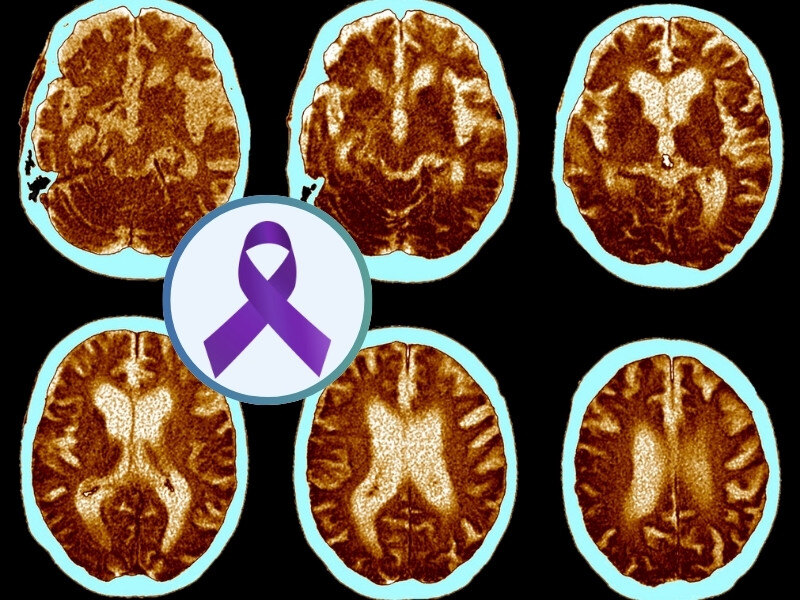Group Identify Prognostic Biomarker for SCLC and Treatment Using Chemotherapy

The Chinese Academy of Sciences has reported the discovery of a novel prognostic biomarker to predict patient outcome of chemotherapy for small cell lung cancer (SCLC).
SCLC is a fast growing and aggressive form of lung cancer that accounts for approximately 10 to 15% of lung cancers diagnosed. Prognosis from the disease is typically poor, with the five year survival rate being only about 7%. On top of this, resistance to platinum-based chemotherapy – the standard of care for SCLC patients – can be a major hurdle for clinicians choosing treatment.
Related:
- Life Science Players Join €23m European Project for Precision Medicine, PRECISEU
- Hope for New Prognostic Biomarkers & Therapeutic Options From Tumour Metabolism-Targeting Breast Cancer Study
- Unlocking the Future of Immune Cancer Therapy
The findings were published in iScience by a research group from the Hefai Institutes of Physical Sciences at the Chinese Academy of Sciences. The team hopes that their findings could be a breakthrough for SCLC prognosis in the clinic, giving doctors an improved understanding of which treatments will work for their patients before prescribing them.
According to the study, led by Professor Hong Bo from the Hefei Institutes of Physical Science, patients with a high expression of the gene PCDHB4 will have a higher likelihood of developing a resistance to chemotherapy.
Integrative analysis of multi-omics data by the team, combined with methylome data revealed that the expression of the gene PCDHB4 was correlated with poor survival in SCLC patients that were treated with chemotherapy.
The team also found less PCDHB4 methylation and higher activity in SCLC clinical samples and cell lines, which they attributed as a cause of chemotherapy resistance.
Furthermore, RNA-seq data found that expression of the gene was correlated with lower infiltration of immune cells into the tumour site, stemness of cancer cells, and epithelial-mesenchymal transition (EMT).
All of these factors highlight the potential effectiveness of PCDHB4 as a prognostic biomarker for SCLC. This development, combined with further advances in treatment options for SCLC like immunotherapeutic approaches hope to boost survival rates for the disease.
Along with this, advances in genomic profiling of SCLC tumours have opened the door to more personalised treatment approaches, though these are still in early stages compared to other indications like non-small cell lung cancer (NSCLC).








